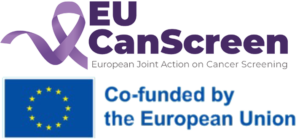Colorectal Cancer Screening in Hungary
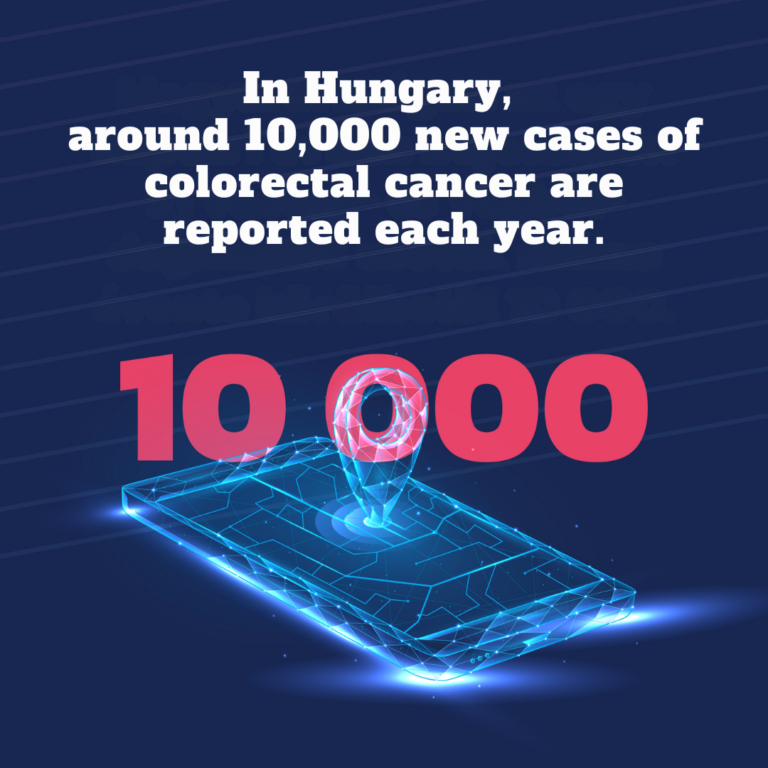
Although colorectal cancer screening had previously existed in Hungary in the form of pilot projects, it was only officially introduced as a nationwide organized program in January 2025, following a government decree issued in 2024. This marks a significant advancement in the early detection and prevention of colorectal cancer.
The target population includes asymptomatic individuals aged 50 to 70. With a personalized invitation letter, they can collect a sampling kit from their GP. The first step of the screening involves collecting stool samples from two separate bowel movements on two consecutive days, which can be done at home. The immunochemical test (FIT) itself is conducted in a laboratory. In the case of a non-negative result, patients are referred for a colonoscopy, which is the gold standard in colorectal cancer diagnostics.
One of the main challenges in colorectal cancer screening is effective public communication and dispelling common misconceptions. For this reason, targeted communication campaigns are a priority, with the aim of increasing participation rates and improving equitable access to screening services.
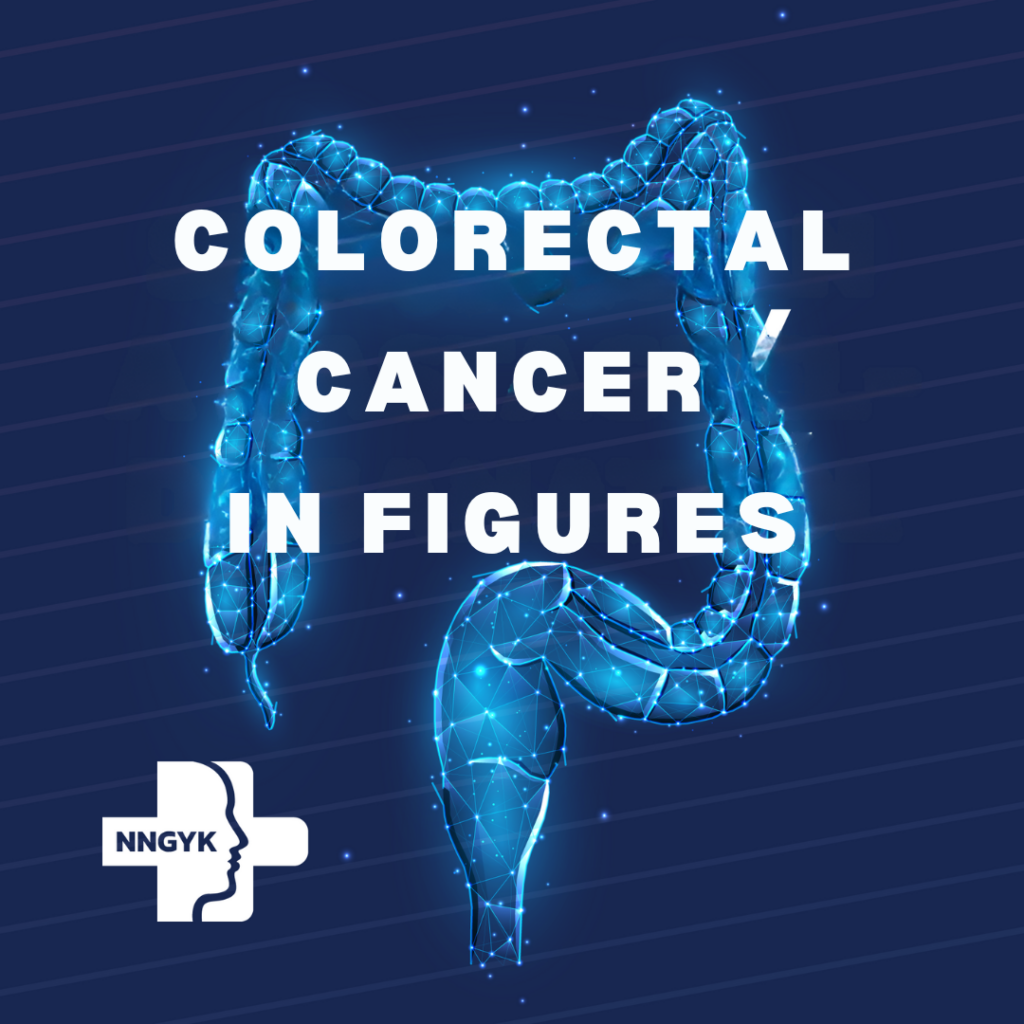
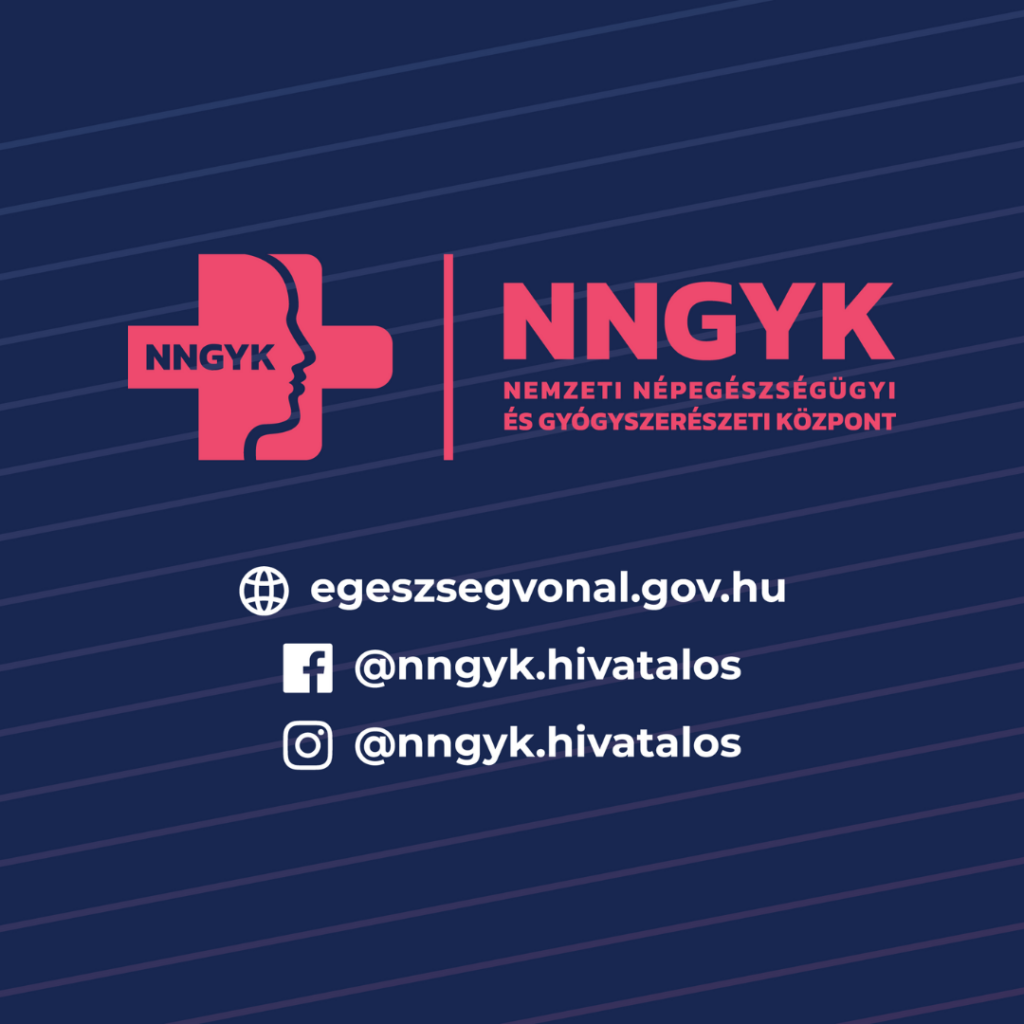

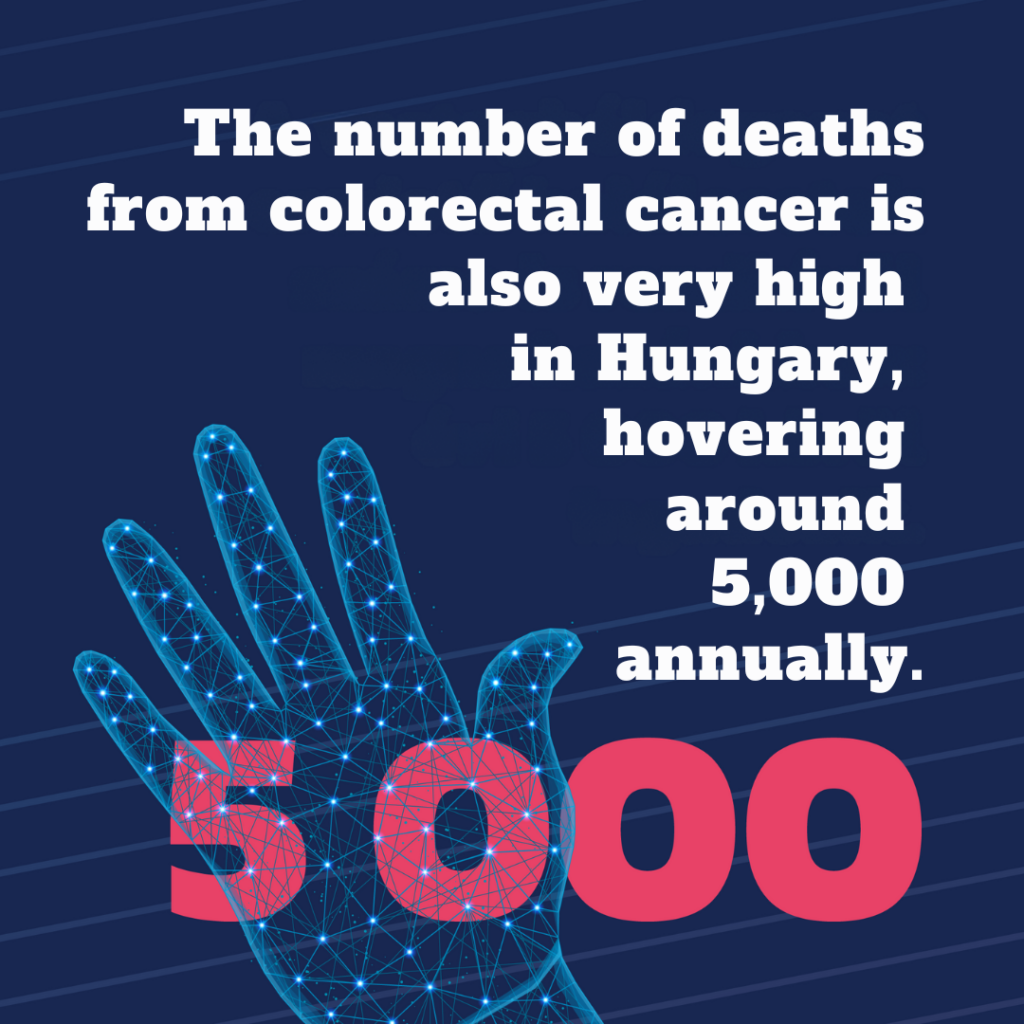
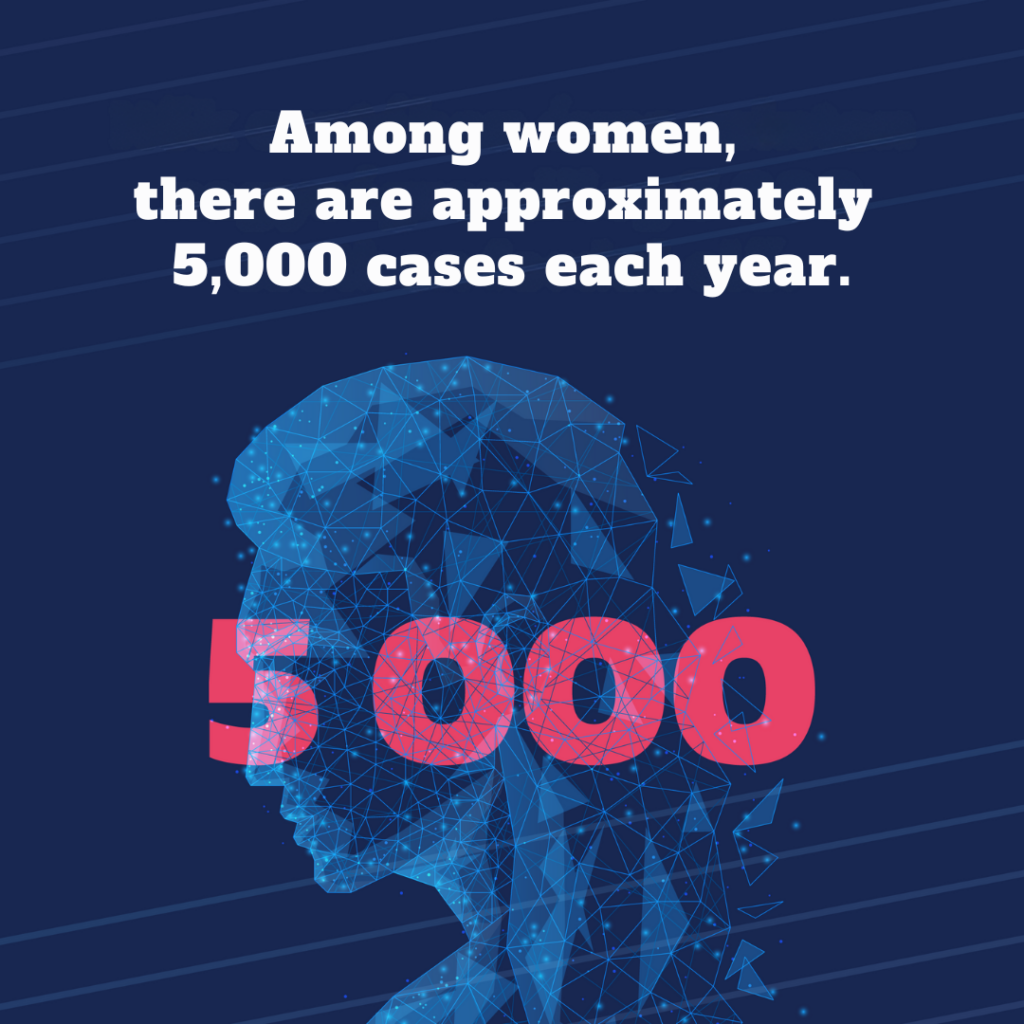
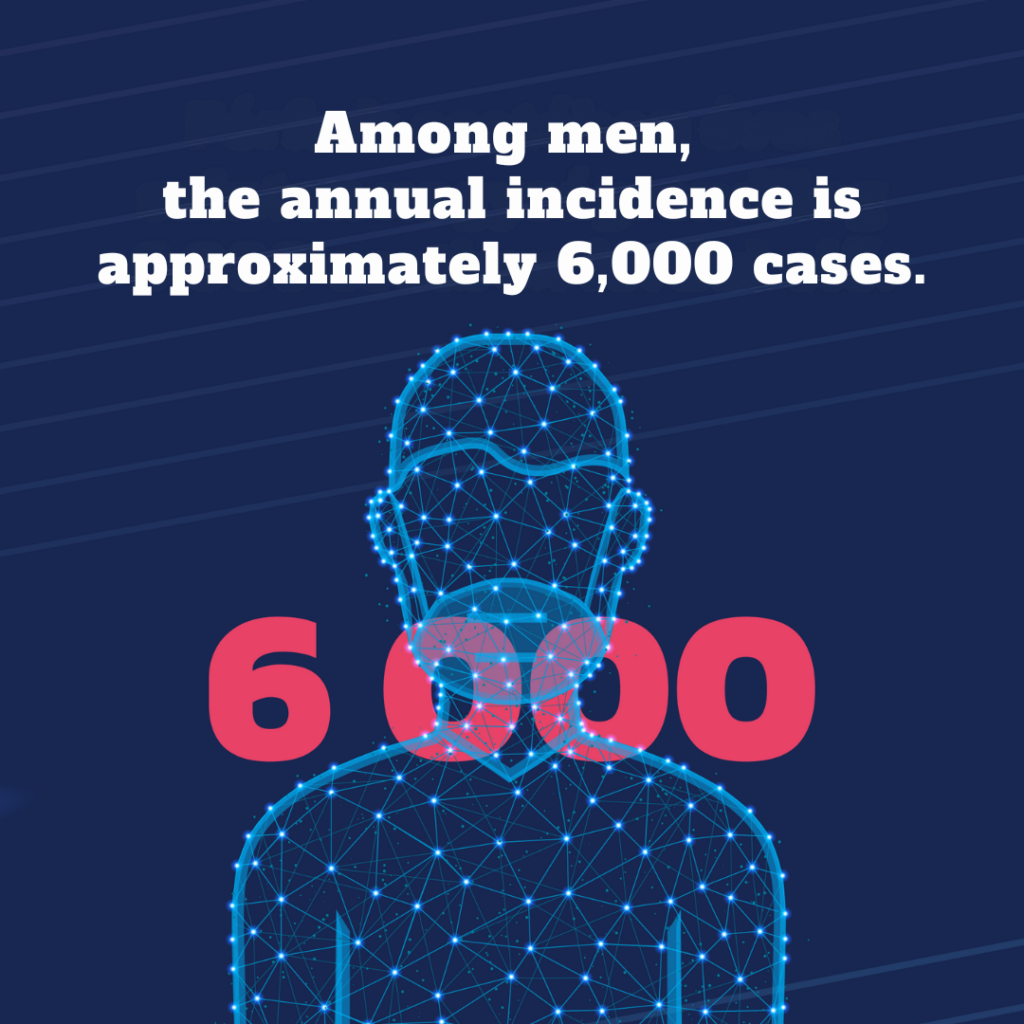
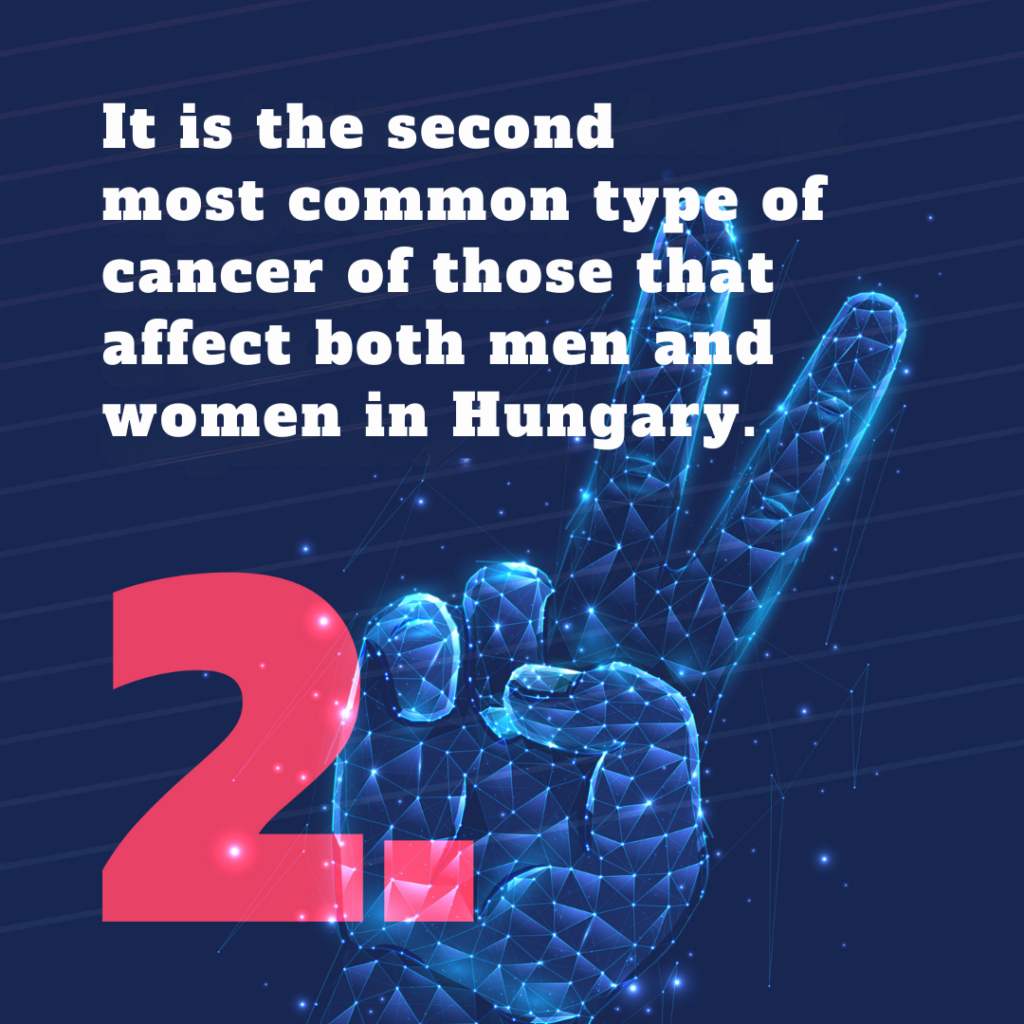
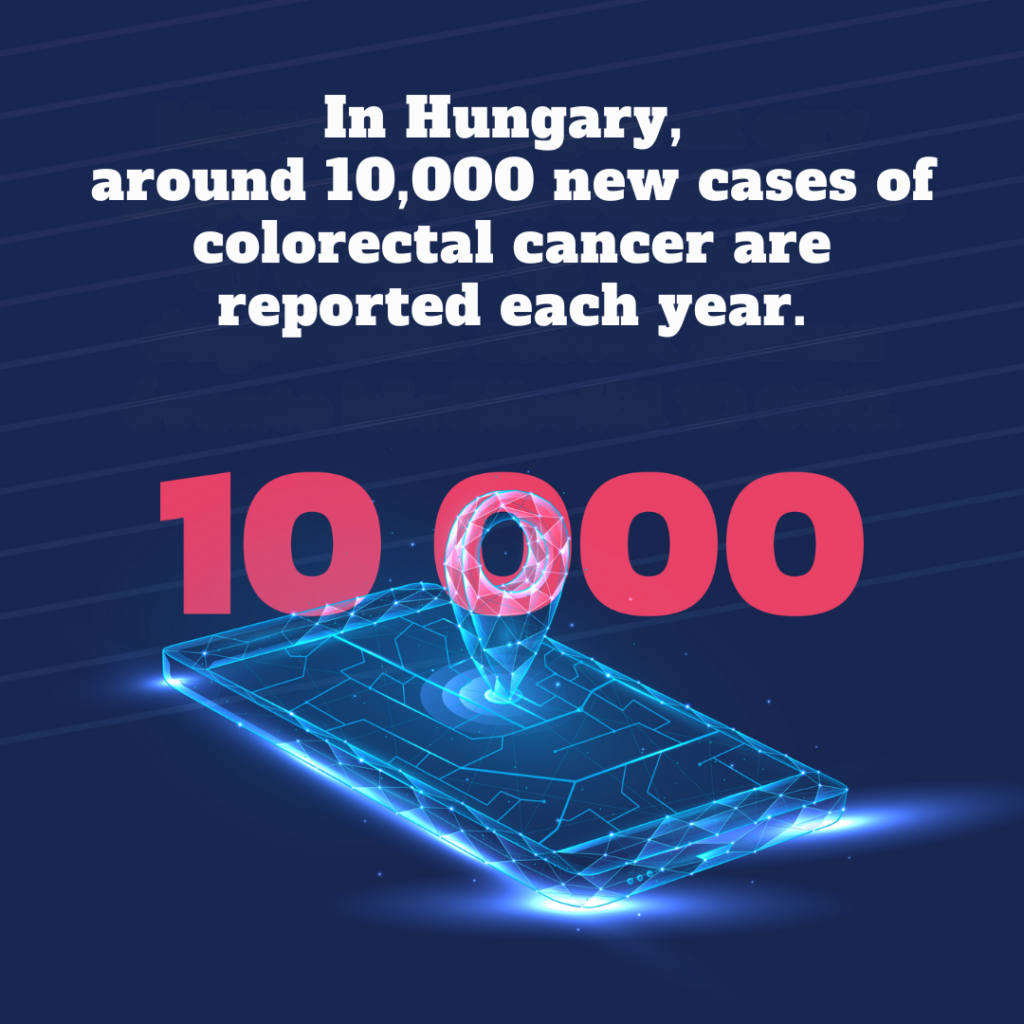
#EuCanScreen #CancerScreening #HealthCare #CancerPrevention #ColorectalCancer
🔗 Please don’t forget to Subscribe to EuCanScreen Newsletter! 💪
Subscribe to our newsletter to get news and updates.
Subscribe to our newsletter to get news and updates.

The general objective of EUCanScreen is to assure sustainable implementation of high-quality screening for breast, cervical and colorectal cancers, as well as implementation of the recently recommended screening programs – for lung, prostate and gastric cancers. EUCanScreen will facilitate the reduction of cancer burden and achieving equity across the EU.
This project has received funding from the European Union’s EU4HEALTH Programme under the Grant Agreement no 101162959

